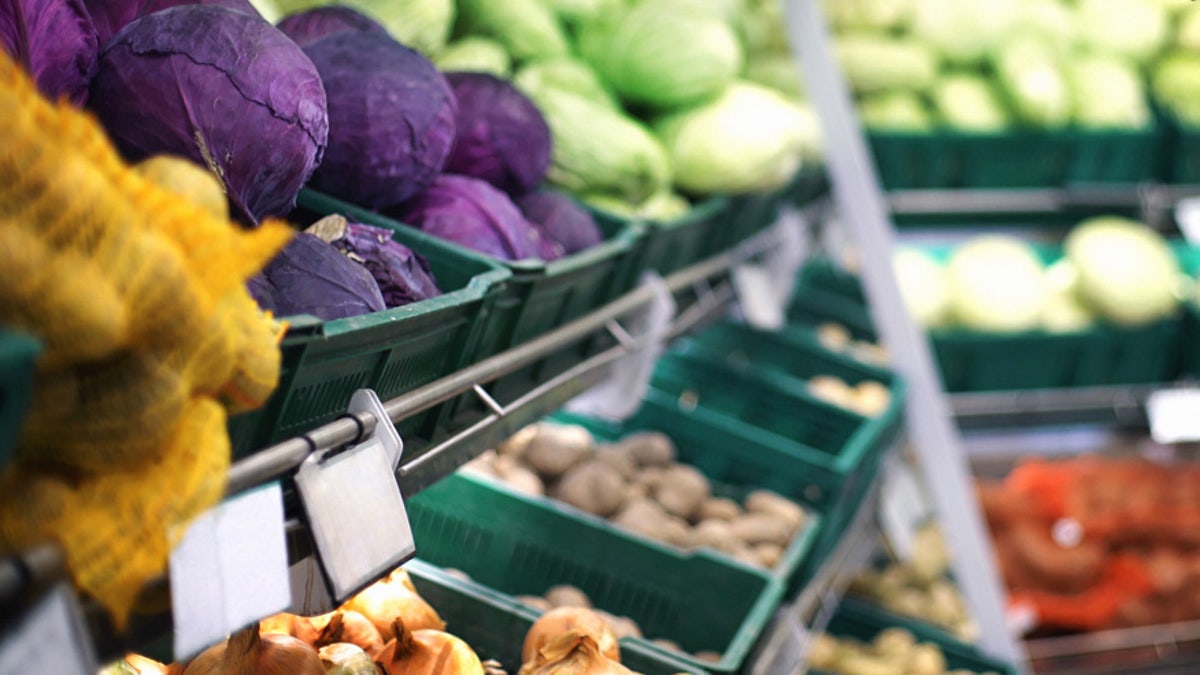
(iStock)
Next time you’re browsing the produce aisle, you may want to steer clear of a conventional fruit beloved in pies and whole-fruit form alike.
The Environmental Working Group (EWG) has yet again released its annual Dirty Dozen list — and this year, pears have made the list for the first time, taking the No. 6 slot on the list, up from No. 22 in 2016.
“The new pesticides detected on pears include fungicides, applied to control fungus and mold, as well as insecticides,” according to the EWG, an organization that researches and advocates in agriculture and toxic chemicals, among other areas. “This is troubling because there is very little research on the health effects of ingesting multiple pesticides.”
3 SALT-FREE WAYS TO FLAVOR YOUR FOOD
The Dirty Dozen ranks the most pesticide-laden produce to help guide customers in their organic and non-organic purchases.
In this year’s list, pears follow strawberries, which contain the most pesticides, according to the EWG, and then spinach, nectarines, apples and peaches.
The EWG’s Clean Fifteen list, which ranks the safest non-organic foods to eat by its standards, contains sweet corn, which took the top spot, followed by avocados, pineapples, cabbage, onions and frozen sweet peas.
THE 7 BEST FOODS TO HELP YOU SHED POUNDS
To draw its findings, the EWG analyzed tests by the Department of Agriculture to identify pesticide content in produce samples. It found about 70 percent of those samples — representing 48 kinds of conventionally grown produce — were contaminated with pesticide residues. Overall, the group observed 178 different pesticides and pesticide byproducts among those samples, and contamination existed even after washing or peeling the fruits and veggies.
Although there’s no consensus on whether always eating organic is healthier, urine samples show people who eat non-organic food ingest their pesticides, potentially leaving themselves at risk as scientists continue to study their possible health effects.
FOLLOW US ON FACEBOOK FOR MORE FOX LIFESTYLE NEWS
Still, anyone who’s compared prices can see buying organic is a financial commitment.
Cynthia Curl, an environmental health scientist at Boise State University in Idaho, who authored a 2015 study in Environmental Health Perspectives that suggested pesticide residue in urine samples, advised following the Dirty Dozen list to minimize potential exposure.







































